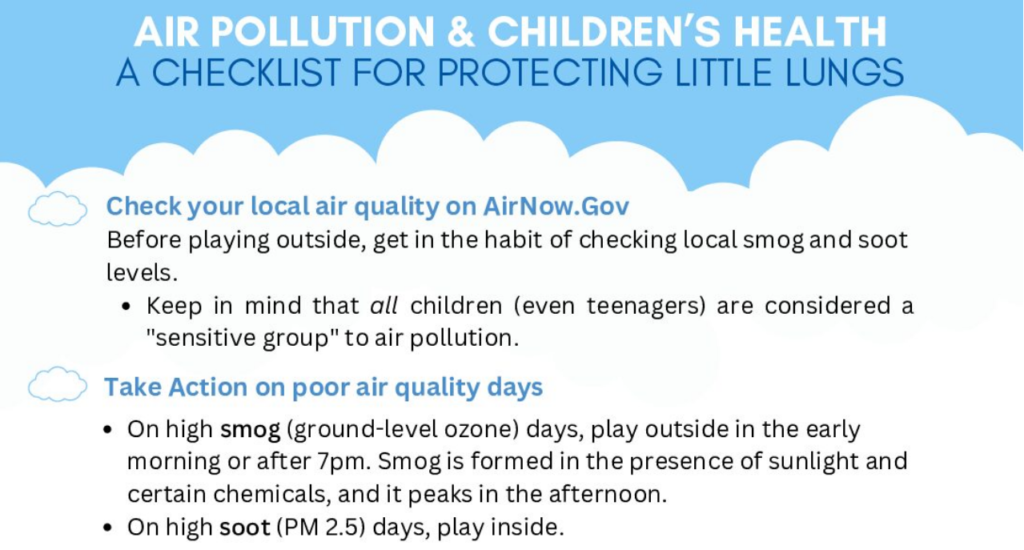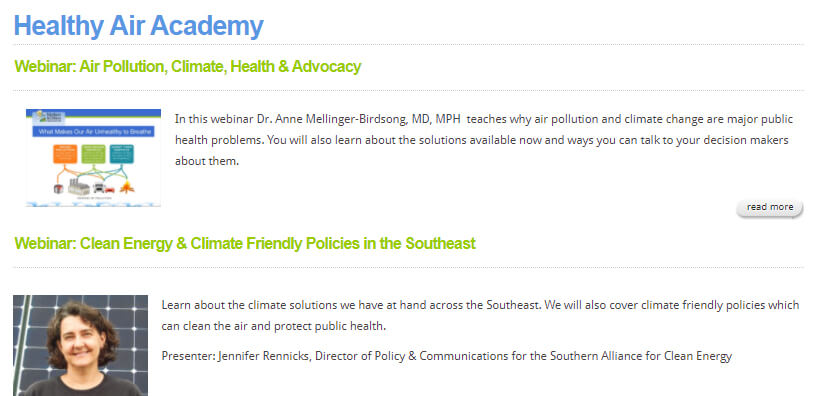
Guides
Secure Federal and State Funding for Electric School Buses Guide
- Clean Bus Planning Grants: School districts can use this grant to get technical assistance to develop a transition plan for school bus electrification, which makes it easier to apply for grant funding in Spring 2025 and beyond. These grants are managed by the National Renewable Energy Laboratory (NREL) and funded by the Joint Office of Energy and Transportation. Applications are accepted on a rolling basis until November 2024.
- Alternative Fuel School Bus Grants: Georgia school districts can also access up to $100,000 for up to two electric school buses purchased through the Georgia Department of Education. School districts must coordinate with a transportation field consultant from the Georgia Department of Education to apply.
- EPA 2024 Clean School Bus (CSB) Grants & Rebates: With funding from the Bipartisan Infrastructure Law, the EPA Clean School Bus Program provides $5 billion over five years (FY 2022-2026) to replace existing school buses with zero-emission and clean school buses. Applications for 2024 CSB Rebates are open until January 9, 2025. Contact us to request grant writing or technical support for your district’s application.
- EPA Diesel Emissions Reduction Act (DERA) National Funds: The EPA offers funding assistance to accelerate the upgrade, retrofit, and turnover of the legacy diesel fleet. Applications should open in Fall 2024.
- DERA State Funds: The State DERA funding is part of the National Clean Diesel Campaign. The state opens applications for rebates in the Fall and grants in Spring for Georgia school systems to install emissions control devices or replace diesel school buses with electric ones.
- The World Resources Institute (WRI), a technical assistance partner of MOCA, has compiled other funding and financing guidance for school districts ready to pursue these unprecedented federal funding opportunities to transition from health-harming, polluting diesel buses to quiet, clean electric school buses. WRI also offers free technical assistance for foundation setting, planning and procurement, charging infrastructure, testing and training, and deployment and scaling.
Back To School Safer Cleaning Guide
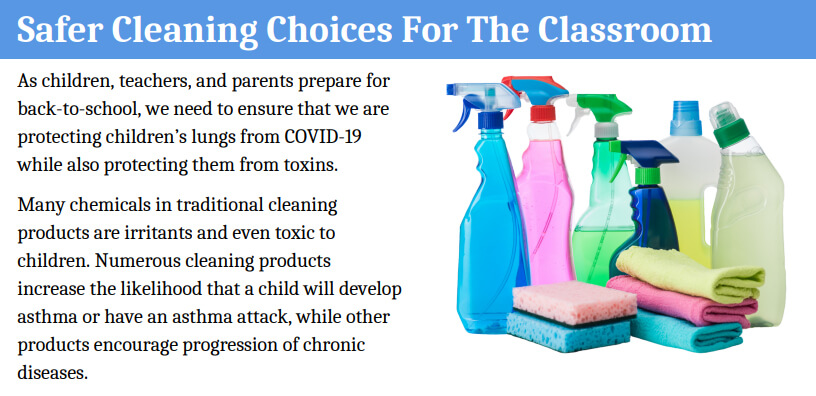
Get The Back-To-School Guide: Safer Cleaning Choices For the Classroom! We’ve compiled a list of safer cleaning choices that protect children from germs and toxic chemicals. Get your free guide!
Air Monitoring & Sensors Guide
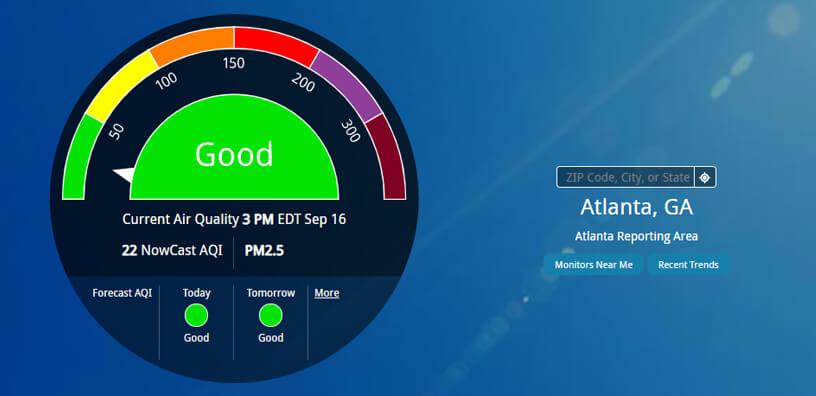
Air monitoring is the long term assessment of pollution levels by measuring the amount of pollutants in the air. This is a database of air monitoring programs in our ten state region. In addition, there are national resources where you can find out the air pollution levels of your neighborhood.
Checklist & Toolkits
A Checklist For Protecting Little Lungs
We’ve compiled our top tips to get you started on protecting children’s health from air pollution.
Get The Toolkit: Healthy Air is Healthcare
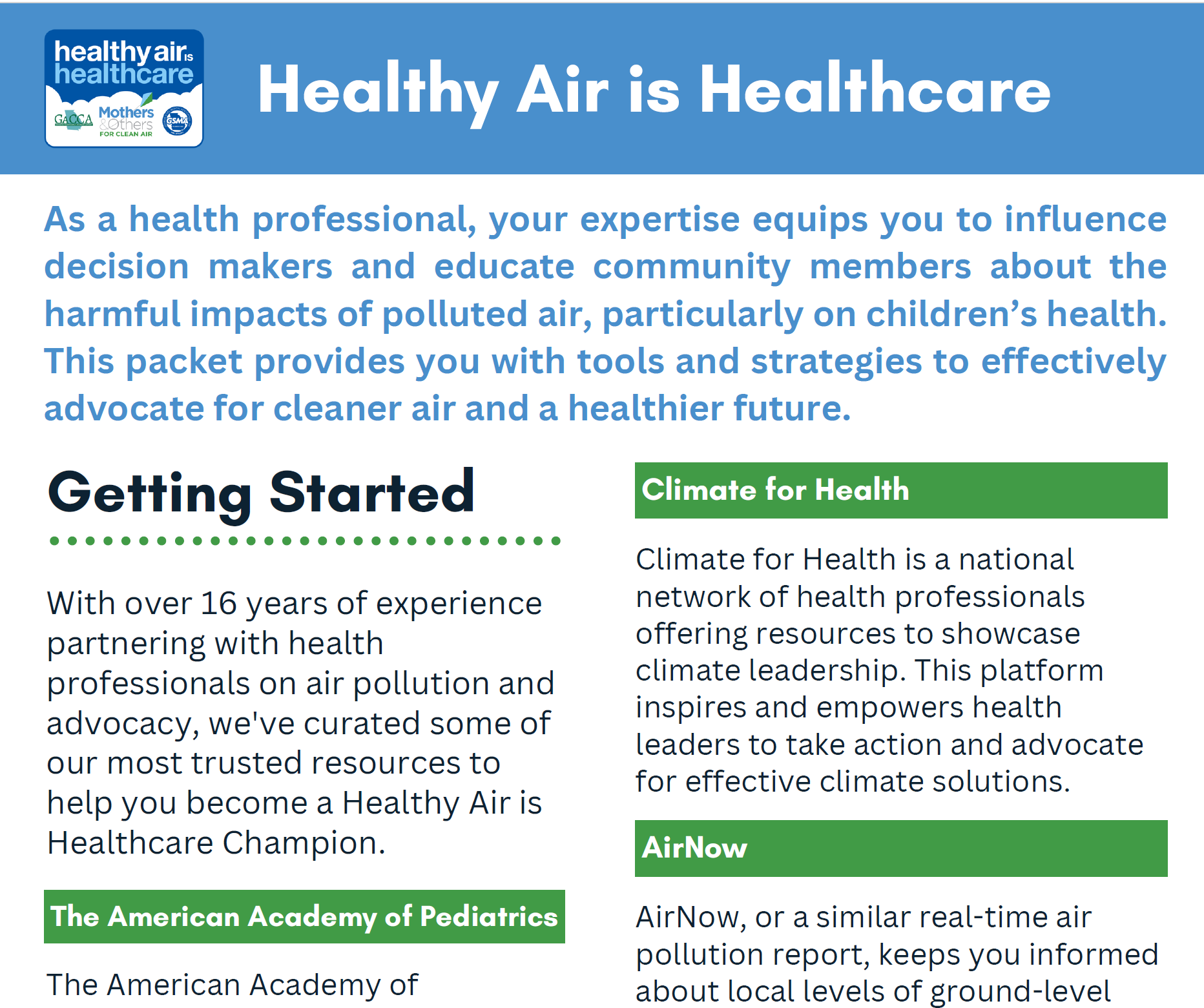
Mothers & Others For Clean Air has over 16 years of working closely with health professionals on air pollution and advocacy and we’ve compiled our favorite resources to prepare you to be a Healthy Air is Healthcare Champion.
Healthy Indoor Breathing Toolkit
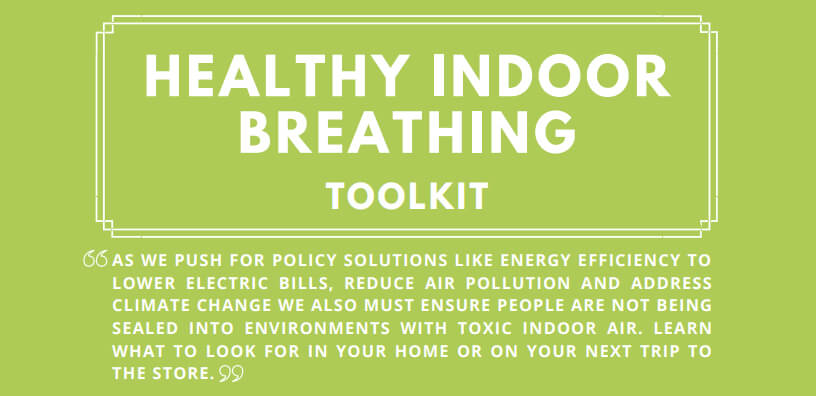
Mothers & Others for Clean Air, in partnership with Wellness Within Your Walls, designed this toolkit with easy to use sections to help you clean up your home or to use when making your next shopping list.
Factsheets
Fact Sheet: Electrify The School Bus Fleet
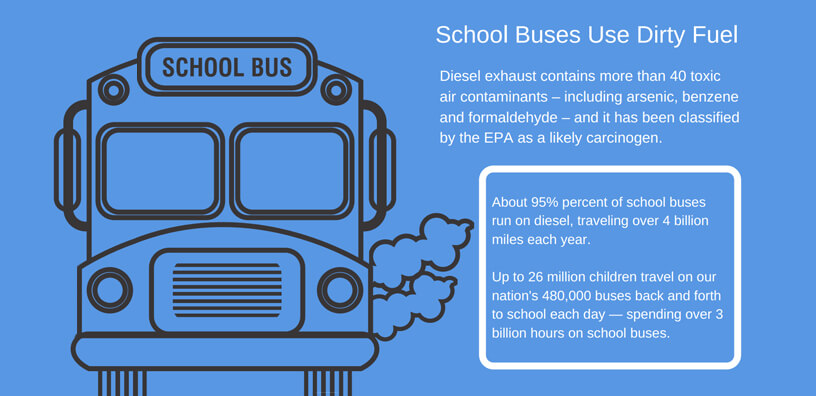
About 95% percent of school buses run on diesel exhaust which contains more than 40 toxic air contaminants – including arsenic, benzene and formaldehyde – and it has been classified by the EPA as a likely carcinogen.

